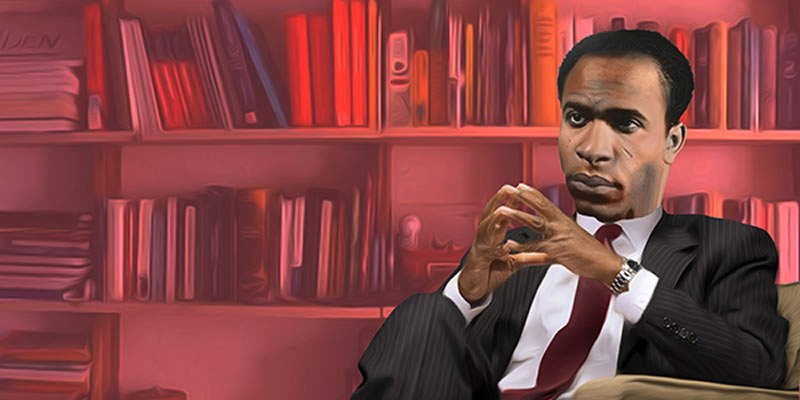
He describes colonialism as a system that brings violence into the homes and the minds of the colonized subjects, dehumanizing them at the core of their being. Michael Azar: Fanon’s body of work can be read as an attempt to understand the physical, structural and psychological dimensions of colonial violence. Göran Dahlberg: Does this dialectic also apply to Fanon’s understanding of Anti-colonial and revolutionary violence? And is the violence of ”the wretched” (The wretched of the Earth being the title of his last book from 1961) always justifiable? When you critique something, Fanon says, you always run the risk of becoming the mirror image of the very thing you are critiquing. In his commentaries on thinkers such as Hegel, Sartre, Césaire and Lacan, Fanon is utterly attentive to the spiritual self-estrangement involved in many kinds of anticolonial critiques. Later on, during my studies at the department of History of Ideas in Gothenburg, Sweden, I decided to read Fanon more carefully, focusing primarily on his analysis of the anomalies and double binds inherent to the struggle against racism. Fanon also aided me in comprehending the postcolonial condition and the growing racial tensions in Europe, including Sweden, where I grew up. Owing to my Lebanese background, I had always been eager to know more about the history of French colonialism, and Fanon helped me to better understand what was really at stake in the anticolonial struggles of Lebanon, Algeria, Vietnam, and elsewhere. Michael Azar: I was a teenager when I first discovered Frantz Fanon.


Photo uploaded by Pacha J Wilka, CC BY-SA 3.0, via Wikimedia Commons


 0 kommentar(er)
0 kommentar(er)
